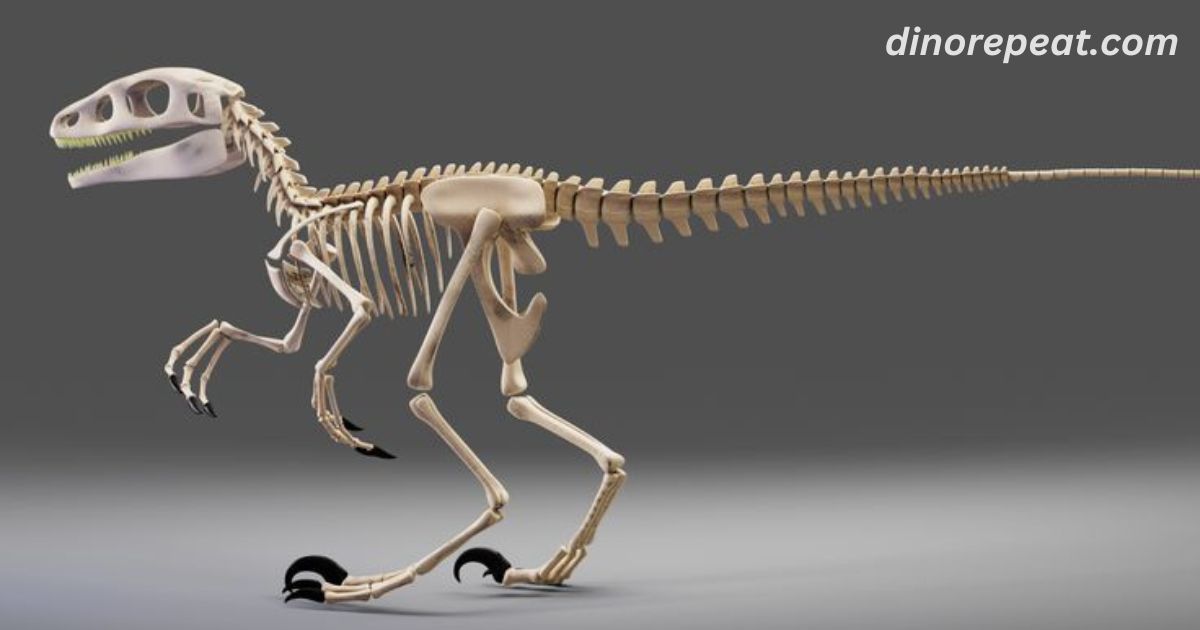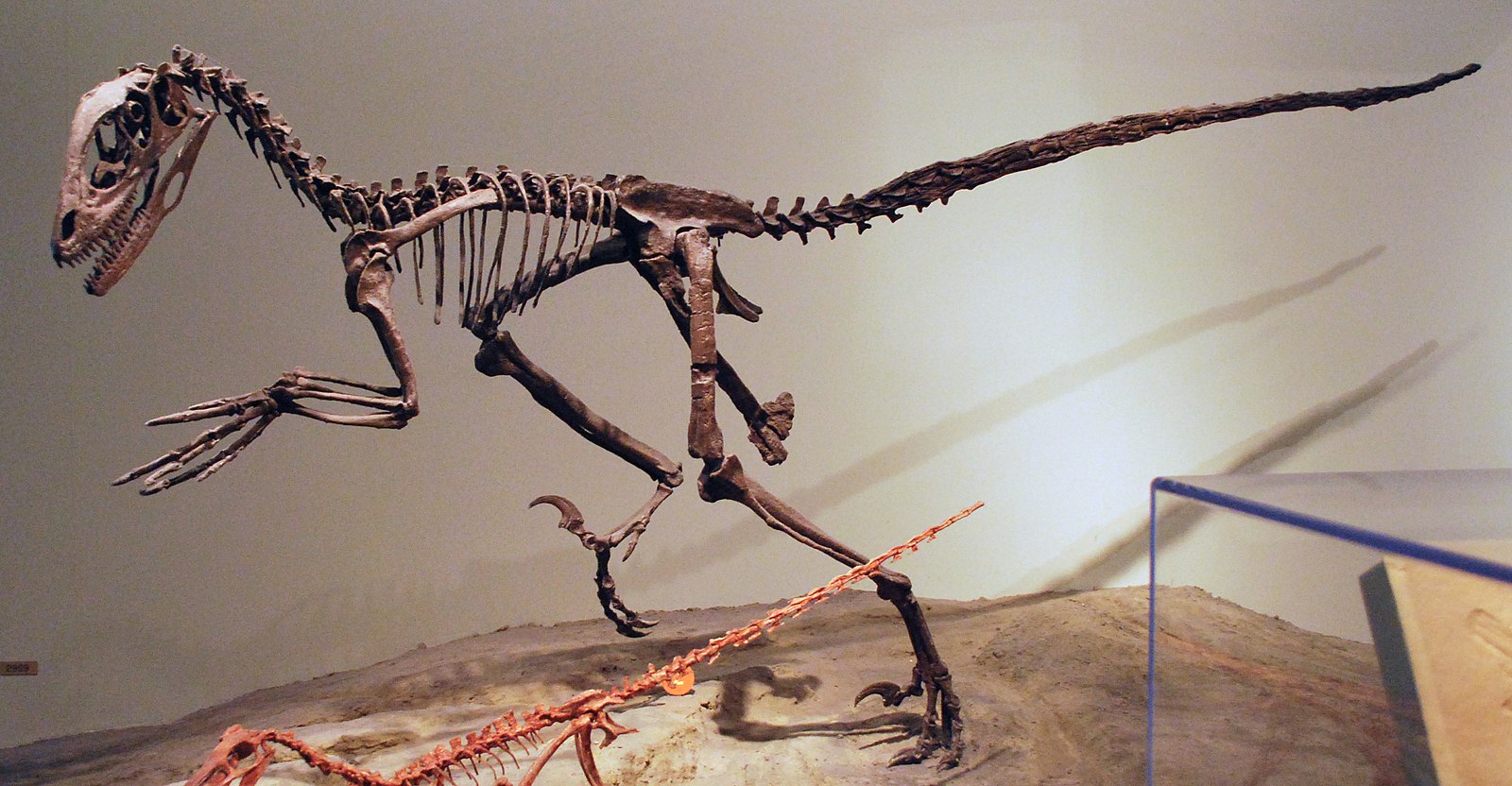Velociraptor Lessons from Fossil 190: Quick Healthy Habits to Adopt Today

The human journey through time is marked by an ever-evolving understanding of health, nutrition, and survival. One fascinating lens through which we can explore this evolution is Fossil 190—a symbolic representation of humanity’s ancient ancestry.
This reference symbolizes the lessons that early humans can teach us about resilience, adaptability, and holistic living. By analyzing their way of life and connecting it with modern science, we can identify simple yet transformative habits to incorporate into our daily routines.
Table of Contents
ToggleThe Wisdom of Fossil 190: A Glimpse into Our Ancestors’ Lives
Early humans, like those represented by Fossil 190, lived in an environment that necessitated physical activity, mindfulness, and natural eating.
Despite lacking modern healthcare or technology, they thrived through behaviors deeply ingrained in their routines. Their survival strategies—moving regularly, consuming unprocessed foods, and prioritizing rest—form the foundation of lessons we can adopt today.

This isn’t about returning to a caveman lifestyle but rather about reclaiming basic principles of well-being that align with our evolutionary blueprint.
Let’s delve into these quick and effective habits rooted in ancestral wisdom, updated for the modern age.
1. Move Naturally Throughout the Day
What we learned from Fossil 190: Early humans didn’t “exercise” in the way we do now. Their lives were filled with constant movement—walking long distances, lifting objects, and engaging in activities essential for survival.
How to apply it today:
- Walk more: Make walking a non-negotiable part of your day. Aim for at least 7,000–10,000 steps daily. Consider walking during phone calls or choosing stairs over elevators.
- Incorporate micro-movements: Set timers to stretch, squat, or do light yoga every hour, especially if you have a sedentary job.
- Embrace playful activities: Explore hobbies like dancing, gardening, or even playing tag with kids—these mimic the spontaneous movements of our ancestors.
2. Prioritize Whole, Unprocessed Foods
What we learned from Fossil 190: The diet of early humans was free from additives and refined ingredients. They ate fresh fruits, vegetables, nuts, seeds, and lean proteins sourced from nature.
How to apply it today:
- Eat closer to nature: Prioritize whole foods over packaged options. A colorful plate rich in vegetables and lean proteins is both nutritious and visually appealing.
- Practice mindful eating: Pay attention to hunger cues and savor every bite, just as early humans did when food was a precious resource.
- Plan: Stock your kitchen with minimally processed staples and batch-cooked healthy meals to avoid reaching for unhealthy alternatives.
3. Embrace Rest and Sleep as Non-Negotiables
What we learned from Fossil 190: Ancient humans followed natural circadian rhythms, aligning their sleep-wake cycles with sunrise and sunset. Rest was essential for recovery and survival.
How to apply it today:
- Establish a bedtime routine: Dim the lights, reduce screen time, and engage in calming activities like reading or meditation to signal your brain it’s time for rest.
- Optimize your sleep environment: Keep your bedroom cool, dark, and quiet. Investing in a comfortable mattress and blackout curtains can make a significant difference.
- Take short breaks during the day: Incorporate “active rest” such as meditative breathing or a 10-minute nap to recharge your energy.
4. Foster Social Connections
What we learned from Fossil 190: Early humans thrived in tight-knit communities. Cooperation, shared meals, and collective problem-solving were vital for survival.
How to apply it today:
- Schedule regular social interactions: Make time for friends, family, or community groups. Shared laughter and support are natural stress relievers.
- Participate in group activities: Join a book club, a fitness class, or a volunteer group to foster a sense of belonging.
- Unplug to reconnect: Set aside technology-free time to strengthen real-life relationships.
5. Adopt a Mindful Approach to Life
What we learned from Fossil 190: Living in the moment wasn’t a choice for early humans; it was a necessity. They remained attuned to their environment, aware of every sound, movement, and change in nature.
How to apply it today:
- Practice gratitude: Take a moment daily to appreciate what you have. Gratitude journaling is a simple yet powerful habit.
- Engage your senses: Spend time outdoors, listening to nature sounds, observing the sky, or feeling the grass beneath your feet.
- Limit multitasking: Focus on one activity at a time to reduce stress and improve productivity.
Final Thoughts
The legacy of Fossil 190 reminds us that the foundations of good health are surprisingly simple. Movement, nutrition, rest, connection, and mindfulness were not optional for our ancestors—they were essential for survival.
By embracing these habits in a modern context, we can reclaim a sense of balance and vitality that aligns with our natural design.
Start small—choose one or two habits from this list to implement today. With consistency, these practices can transform not only your health but also your overall outlook on life. After all, the greatest lessons often come from the past. For more Velociraptor information check the dinorepeat.